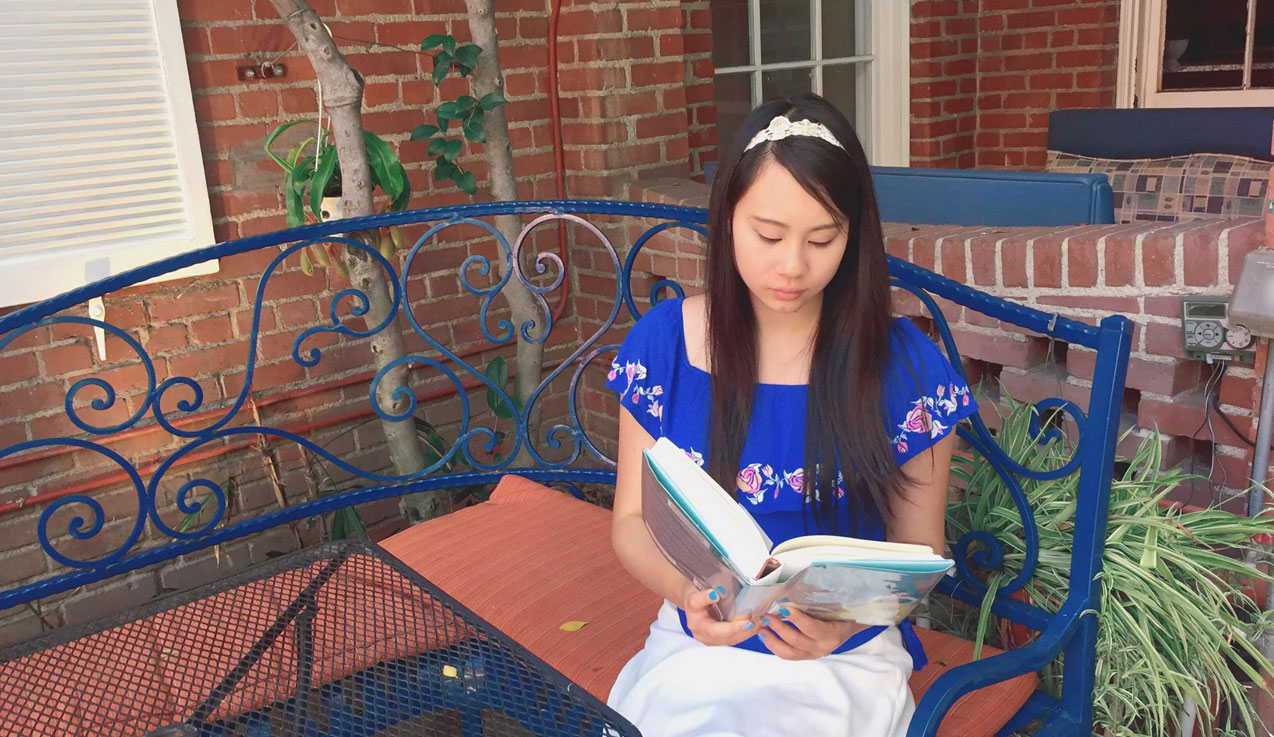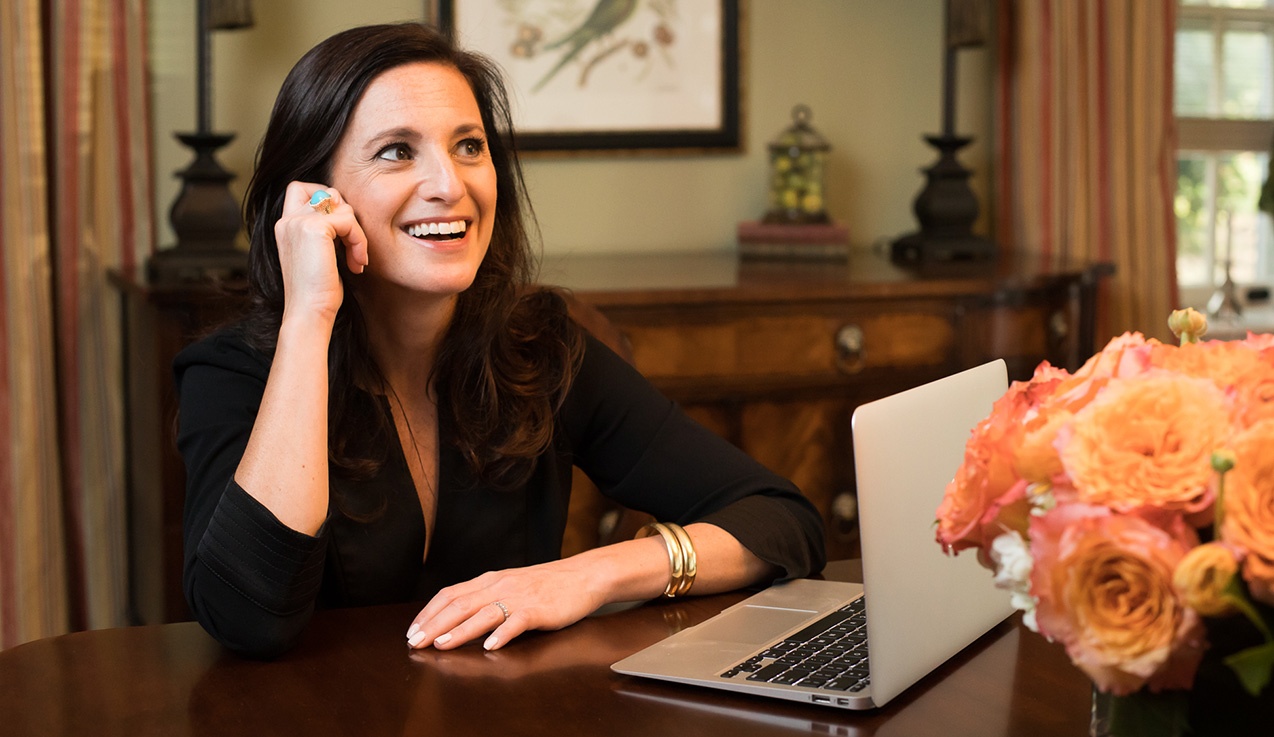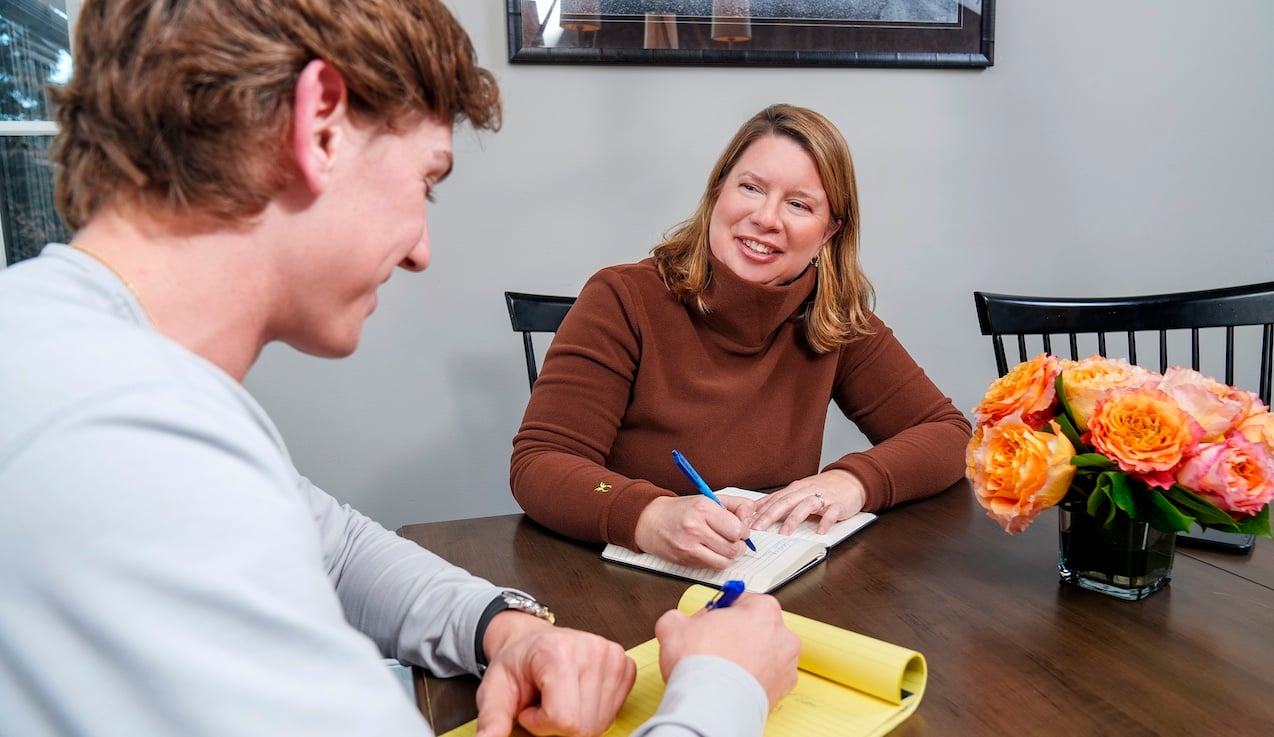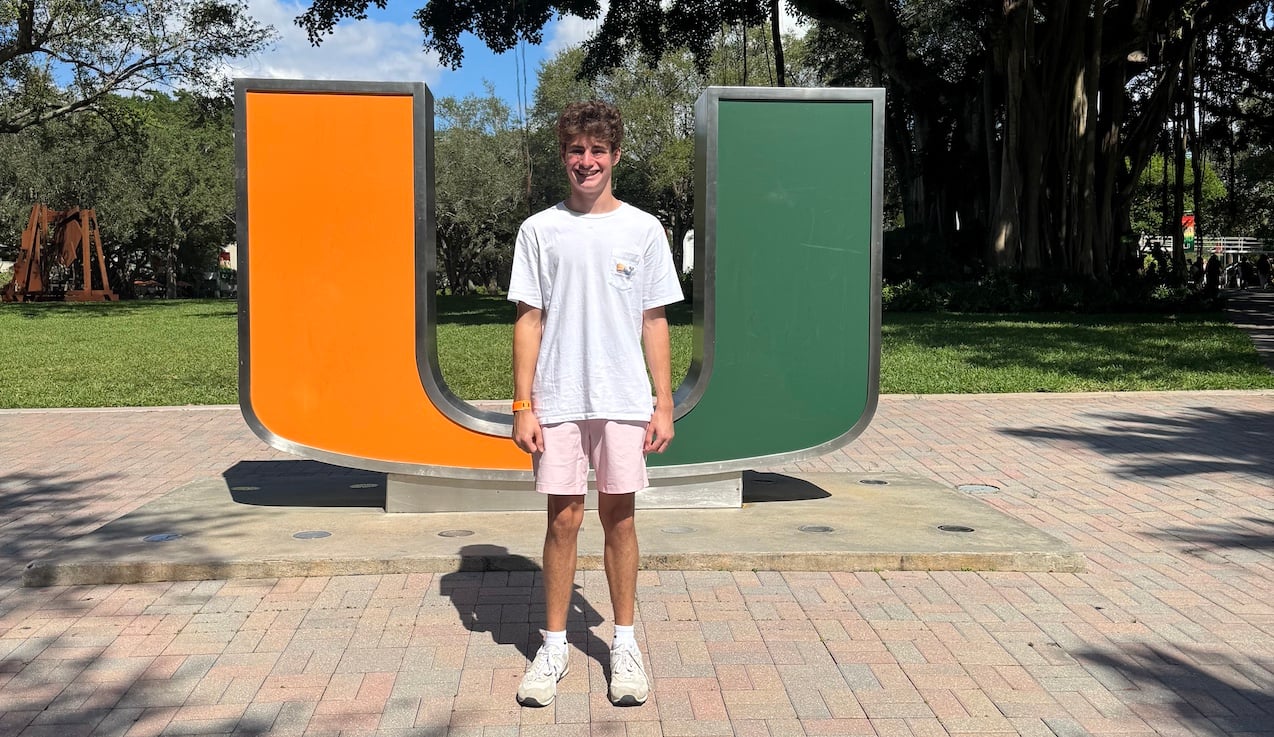My Common App essay that went viral after I got into all 8 Ivy League universities was originally meant for only two pairs of eyes: me and my mom.
I had written it during the summer of junior year, when I was brainstorming ideas for the application. But this piece, which is as dear to my heart today as it was two years ago, was meant just for myself: a creative outlet for my thoughts and emotions. For a long time I had wanted to write something that would be a sort of tribute to my mom’s struggles and a testament to our relationship. This piece emerged from my fingertips fairly quickly as I indulged in my creative writer instincts:
- I wrote poetically, but simply.
- I treated each word with care.
- I tried to show not tell to the best of my ability.
- And I incorporated my favorite creative writing device: full circles.
The stakes were low—this piece wasn’t meant for public consumption, I thought.
My mom, moved by my essay, suggested otherwise. She thought my dear, private story was the perfect essay to be read by college admissions officers who didn’t know anything about me. I was shocked. Wasn’t it too personal and unrelated to college? Weren’t we told not to write about the “immigrant” experience? Didn’t my essay reveal my weaknesses?
At that point I had written other essays I was considering for the Common App: essays about growing up as the youngest journalist on the red carpet, entering the world of theater as a playwright, or committing to Asian American representation in mainstream media. Weren’t these the essays that would catch admission officers’ attention and impress them to no end?
But my mom knew me so well—she could immediately see that this essay showed my core values and how I came to be who I am today. It may have been a risky move—but it was me on paper, through and through.
The Common App essay is essentially a place to show admissions officers something that can’t come across in a list of honors and awards. It’s 650 words to explore unorthodox subjects that, on the surface, wouldn’t seem like what college admissions officers are looking for. For me, that meant pushing past my first idea of writing about my accomplishments and giving myself the freedom and space to explore. That’s not to say that my other essays weren’t put to use—I trimmed them extensively and used them in many different supplements for various colleges. My first ideas were valuable, but digging deeper for the unexpected paid off in many ways.
When it was finally time to send it off after countless of revisions, I was at peace with my application. Not only did I produce a portfolio of essays I was proud of, but I had also learned so much about who I was and who I wanted to be. Because the essay mattered to me, perhaps it mattered to my college readers. Turns out, it also mattered to readers around the world who could relate to my relationship with my mom, or the feeling of being an outsider, or how my family unapologetically embraces our flaws. It can be scary to bare your heart to the world, but allow your readers to bear witness to your story. Unapologetically embrace who you are, and your readers will too.
Read Cassandra’s full essay:
In our house, English is not English. Not in the phonetic sense, like short a is for apple, but rather in the pronunciation—in our house, snake is snack. Words do not roll off our tongues correctly—yet I, who was pulled out of class to meet with language specialists, and my mother from Malaysia, who pronounces film as flim, understand each other perfectly.
In our house, there is no difference between cast and cash, which was why at a church retreat, people made fun of me for “cashing out demons.” I did not realize the glaring difference between the two Englishes until my teacher corrected my pronunciations of hammock, ladle, and siphon. Classmates laughed because I pronounce accept as except, success as sussess. I was in the Creative Writing conservatory, and yet words failed me when I needed them most.
Suddenly, understanding flower is flour wasn’t enough. I rejected the English that had never seemed broken before, a language that had raised me and taught me everything I knew. Everybody else’s parents spoke with accents smarting of Ph.D.s and university teaching positions. So why couldn’t mine?
My mother spread her sunbaked hands and said, “This is where I came from,” spinning a tale with the English she had taught herself.
When my mother moved from her village to a town in Malaysia, she had to learn a brand new language in middle school: English. In a time when humiliation was encouraged, my mother was defenseless against the cruel words spewing from the teacher, who criticized her paper in front of the class. When she began to cry, the class president stood up and said, “That’s enough.”
“Be like that class president,” my mother said with tears in her eyes. The class president took her under her wing and patiently mended my mother’s strands of language. “She stood up for the weak and used her words to fight back.”
We were both crying now. My mother asked me to teach her proper English so old white ladies at Target wouldn’t laugh at her pronunciation. It has not been easy. There is a measure of guilt when I sew her letters together. Long vowels, double consonants—I am still learning myself. Sometimes I let the brokenness slide to spare her pride but perhaps I have hurt her more to spare mine.
As my mother’s vocabulary began to grow, I mended my own English. Through performing poetry in front of 3000 at my school’s Season Finale event, interviewing people from all walks of life, and writing stories for the stage, I stand against ignorance and become a voice for the homeless, the refugees, the ignored. With my words I fight against jeers pelted at an old Asian street performer on a New York subway. My mother’s eyes are reflected in underprivileged ESL children who have so many stories to tell but do not know how. I fill them with words as they take needle and thread to make a tapestry.
In our house, there is beauty in the way we speak to each other. In our house, language is not broken but rather bursting with emotion. We have built a house out of words. There are friendly snakes in the cupboard and snacks in the tank. It is a crooked house. It is a little messy. But this is where we have made our home.












